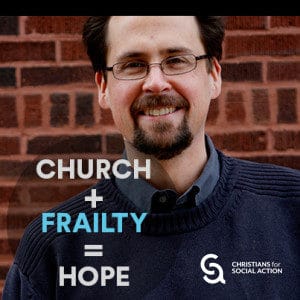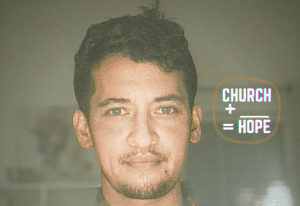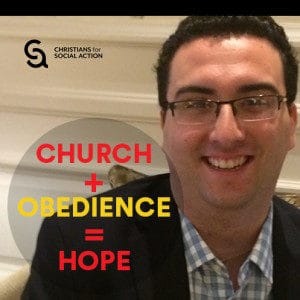When I look at the church, what gives me hope?
I see in the church today a fresh sense of brokenness and uncertainty, a people who remember the hegemony of the past and the power-broking position that Christianity recently held, as well as people who’ve never had the experience of standing on that so-called higher ground. A generation ago we may have called them the committed and the seekers. Not today.
Whether High Mass or house church, I experience a living faith today that seems willing to remain in a place of brokenness, uncertainty, and need. We have a renewed interest in ancient text from Torah to Apocrypha to Paul to Gospel to Didache and St. Benedict. Our questions and our desires to meet God are more profound than ever. Our frailty gives me hope. I think it’s godly.
Jon M. Sweeney is an independent Catholic scholar, the publisher at Paraclete Press, and a writer of popular history. His book The Pope Who Quit has been optioned by HBO, and his latest book, When Saint Francis Saved the Church, is just out from Ave Maria Press.


